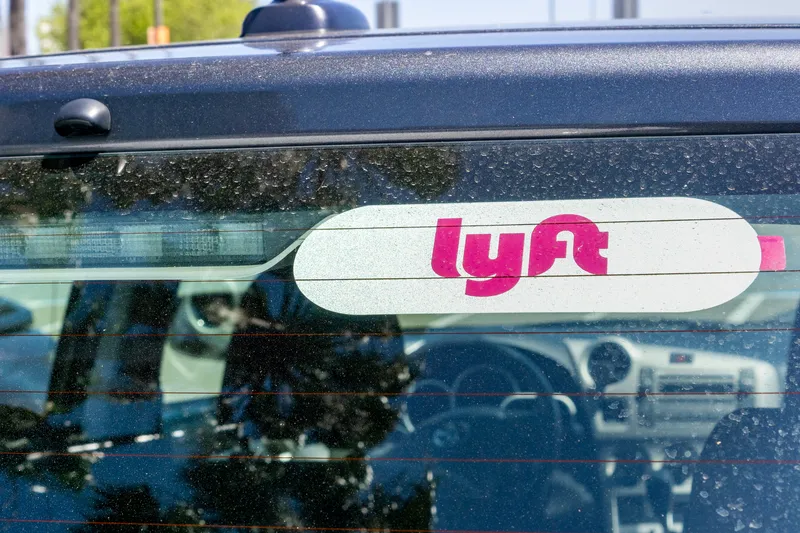
Transport data specialist Inrix is set to buy a shared mobility data aggregation company, Ride Report.
Inrix says it has "signed a letter of intent" to acquire Ride Report, whose software tools allow users - such as cities - to launch, manage and evaluate shared micromobility and car-share programmes.
The solution enables cities to manage policies and compliance, analyse historical travel patterns, and track and invoice operators for fees.
Inriz says Ride Report supports 75 public agencies on three continents, and will expand "the breadth, depth, and convenience" of its own Software as a Service (SaaS) offering - Inrix IQ - by adding shared mobility to the mix.
Current users of Inrix IQ in the US include the city of Austin, San Francisco Bay Area Metropolitan Transportation Commission, and Washington, DC Department of Transportation.
Shared mobility has become “an important area for many cities”, says Bryan Mistele, president and CEO of Inrix.
“Our mission has been steadfast – use the power of data to accelerate the global transition to sustainable, equitable, and efficient transportation systems,” said, Michael Schwartz, CEO of Ride Report.
Joining Inrix will speed up that mission, he insists.
“Ride Report’s shared mobility data ensures that staff have insights from bikes, scooters, and other new mobility vehicles alongside Inrix’s unique car, freight, and kerb data products, creating a new level of understanding of the complete right of way when making critical infrastructure and policy decisions,” Schwartz adds.








